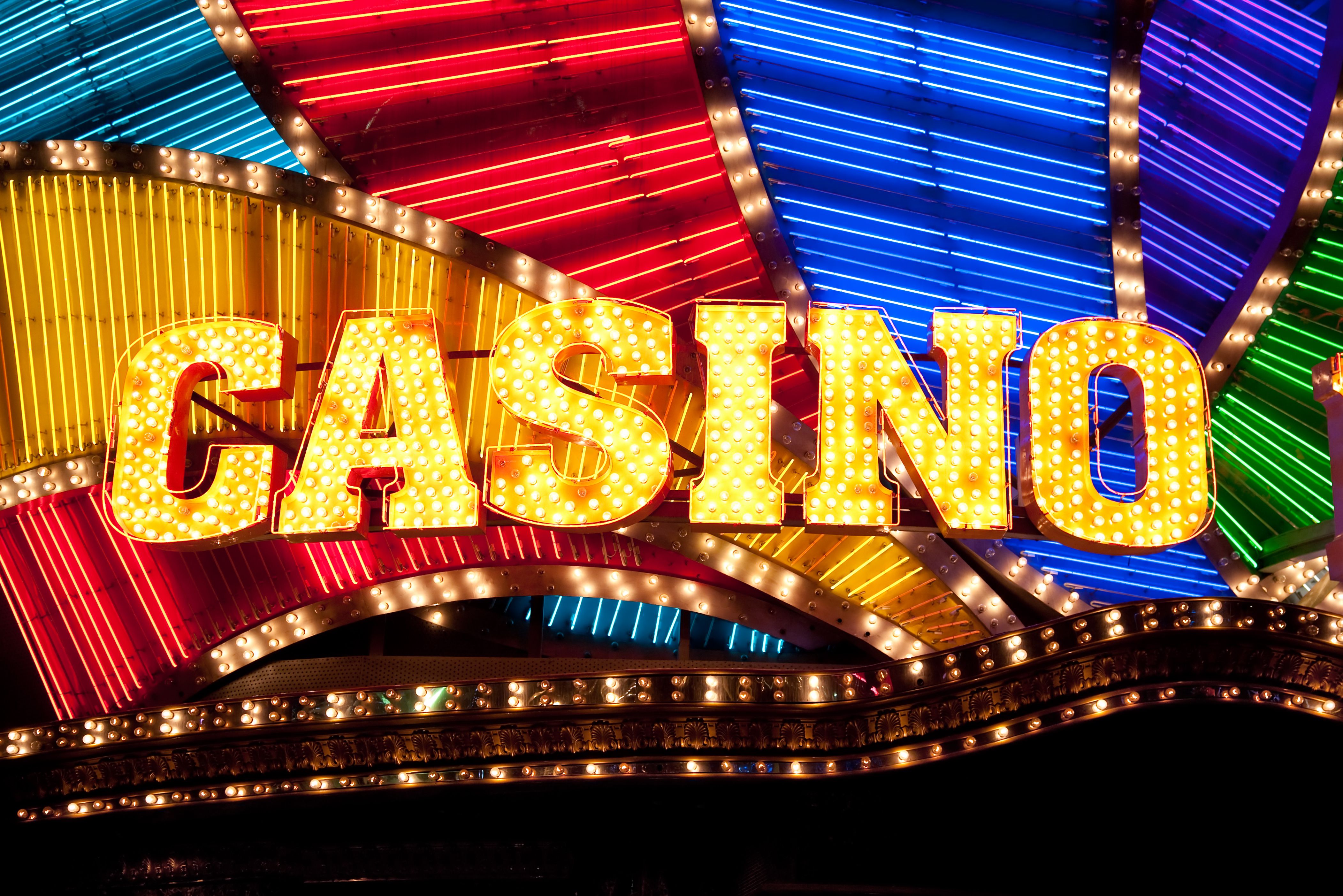The Story of Gambling: Starting in Antiquity to Modern Casino Games

Gambling has been an important part of human recreation for thousands of years, developing through cultures and eras to become the dynamic casino games we know today. From the ancient Chinese and Romans, who participated in different forms of betting and luck, to the modern gaming floors of today’s casinos, the appeal of gamble and reward has captivated individuals across the globe. The shift from basic dice games and rudimentary betting setups to the extravagant environments of contemporary casinos reflects considerable strides in both social norms and technological advancements.
As societies evolved, so too did the complexity of gambling activities, with gambling activities emerging as a distinct category of leisure and thrills. These games have changed from informal gatherings centered around wooden tables to sprawling, lavish establishments designed to attract players. Today, we delve into this captivating journey, studying how historical practices laid the foundation for the diverse and thrilling casino activities that bring joy to countless people worldwide.
spintax
Ancient Betting Traditions
Gambling has significant roots in human past, with evidence of activities of chance dating back to ancient civilizations. Archaeologists have discovered that as far back as 3000 BC, the Chinese were using primitive forms of gambling with dice made from bones. Similarly, ancient cultures of Mesopotamia engaged in wagering activities, often relying on the casting of lots or dice to determine outcomes. These early forms of gambling served not only as entertainment but also played vital roles in social and cultural customs.
The Egyptians also took part in betting activities, with games that included betting on the results of various events, including athletic events and religious festivals. Artifacts such as dice and depictions of players from ancient tombs illustrate that betting was a frequent pastime. It provided both leisure and a means of engaging in social interaction, often linked to celebratory occasions or significant gatherings. This activity demonstrated the universal appeal of chance and rivalry throughout the ages.
In ancient Rome, wagering became a commonplace practice among the people, as evidenced by references in literature and the establishment of rules around certain activities. Romans enjoyed a variety of betting activities, from wagering on horse races to playing games like modern-day board games. The legal system surrounding these activities began to take shape, establishing the foundations for betting regulations that would grow in the centuries to come. The popularity of gambling during this period set the stage for the development of gambling house games in the future.
The Evolution of Gambling Games
Gambling games have gone through significant transformations from their beginnings to the modern-day entertainment offerings. In early civilizations, gaming was frequently connected to ceremonial practices, with games of dice found in the ancient Mesopotamian region and betting on the outcomes of events in old Rome. These initial forms of gambling laid the foundation for the organized games we see today. The change from informal gambling to regulated games took place as societies began creating rules and venues for wagering, showing cultural values and practices.
The Middle Ages saw the emergence of card games, which gained fame among the nobility of Europe nobility. Games like the first and the game baccarat became essential components in social gatherings. The creation of printing technology additionally enabled the spread of playing cards, making them more reachable to the masses. As gambling houses began to increase, these card games transformed into variations that appealed to wider audiences, eventually leading to the creation of casinos as specialized venues for gaming.
The 20th century marked a crucial point in the evolution of casino games, with the ascendancy of commercial casinos in Vegas and other betting centers. This era introduced games like slot machines and modern adaptations of table games, complete with sophisticated graphics and intricate betting structures. The advent of online casinos in the late 1990s also changed the gaming industry, allowing players to access a wide range of casino games from the convenience of their homes. casino francais en ligne Today, gambling games go on to evolve, blending traditional elements with cutting-edge technology to create engaging experiences for players around the globe.
Contemporary Gambling Regulations
In these years, the environment of gambling regulations has changed significantly, especially as technology and internet-based gambling have become ever prevalent. Regulatory bodies around the planet have enacted numerous regulations and guidelines to make certain that gaming activities are conducted fairly, responsibly, and transparently. These laws often encompass aspects such as permits, advertising, player safeguards, and sensible gaming measures. Authorities aim to minimize problems such as gambling addiction and fraudulent activities while fostering a equitable gambling environment.
The rise of online gambling sites has created a need for a different approach to oversight. Many jurisdictions have created dedicated internet-based gaming structures that serve internet-based gambling, enabling operators to offer their offerings within the law. These frameworks often require operators to obtain licenses, adhere to strict security standards, and offer customer support options to help players. By closely observing online activities, regulators can better protect consumers from risks and ensure that gaming is conducted in a protected manner.
Additionally, modern gaming laws are increasingly focusing on sensible gambling initiatives. Many gaming establishments and online platforms now implement features such as player exclusion, deposit limits, and breaks to help players control their gambling habits. Awareness campaigns aimed at raising awareness about the dangers of gambling are also frequent. As the sector continues to grow, the focus on responsible gambling remains a fundamental principle of regulatory efforts, reflecting a commitment to promoting a secure and pleasant gaming experience for all gamblers.